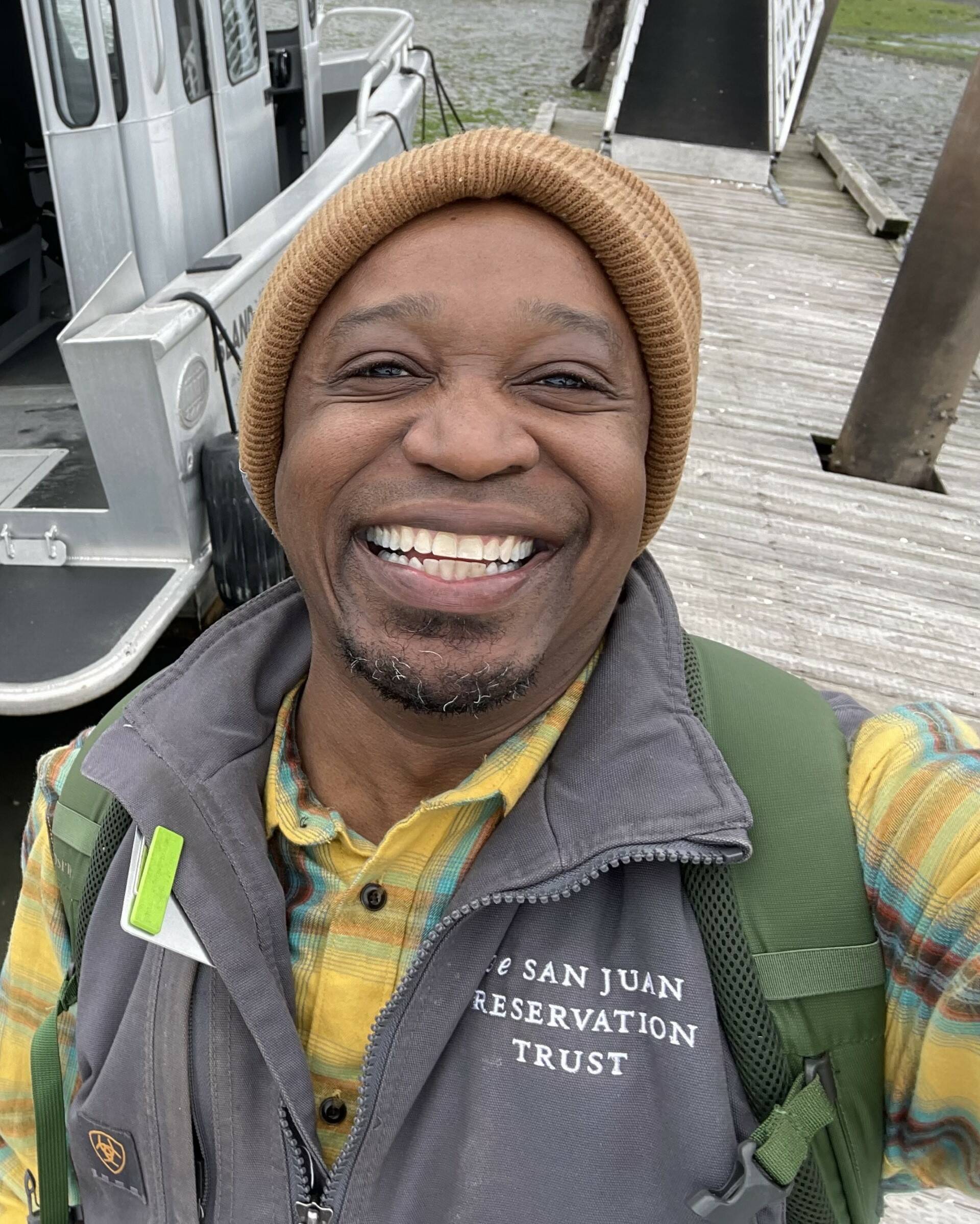By Thyatira Thompson
Thyatira Thompson manages social media for the Civil Conversations Project, a nonprofit working to end racism in America. He is also a caretaker for the San Juan Preservation Trust.
This winter, my wife and I decided to take a trip to South Africa, bringing along our two-year-old daughter. We typically spend the Thanksgiving and Christmas holidays in Louisiana where I grew up and where all of my immediate family lives. We enjoy traveling but due to the pandemic and subsequently having a Christmas baby, our travel plans were put on hold. Indeed, our last big trip prior to having a baby came in the winter of 2020, just returning home from Vietnam before all chaos was about to break out. A lot has changed in 4 years, and remembering what those past four years felt like was the catalyst to us deciding to do something radical such as visiting 3 countries in six weeks, with a two-year-old, because, who knows what the next four years will hold?
We decided on Africa because after reading about the Truth and Reconciliation Commission of 1996, I realized how much Black history is world history, and wanted to explore further the parallels of the fight for freedom and equality taking place on both sides of the Atlantic. I have also always wanted to visit that part of the world and put eyes on the lands my ancestors called home. After stops in England and a weekend trip to Paris, we landed in Johannesburg to begin a month’s long journey throughout the country of South Africa. While in Johannesburg, we visited Soweto, a township serving as an acute reminder of South Africa’s history of Apartheid, or the system of segregation and discrimination on the grounds of race. We toured Nelson and Winnie Mandela’s former home and was surrounded by the legacy they left behind in their fight to transform their country. We learned of the Soweto Uprising, a moment when school-aged children took to the streets to protest an education system designed to keep them in a position of subjugation. We learned of Archbishop Desmond Tutu’s role in chairing the Truth and Reconciliation Commission, a commission tasked with investigating human rights abuses, allowing victims the opportunity to tell their story, granting amnesty, and constructing an impartial historical record of South Africa’s past, along with drafting a reparations policy.
I don’t think that I realized until then how many lines could be connected from South Africa’s fight to end Apartheid with ending segregation and inequality in America. And then I began to think, “Black History is American History, and also World History.” I am grateful that ever since I can remember, February has always been designated as Black History Month. I am also grateful for some effort to recognize Black contributions to society year-round. But one has to admit, we live in a pretty white-washed society, and I oft wonder when we in America will have our own Truth and Reconciliation. I know. I am writing this article in the year of our Lord 2024. We have supercomputers the size of our palm, vehicles that can park themselves, and the Cubs have actually won a World Series. But it is also evident that there is still a contention of people who are working very hard to try and erase history with tactics such as outlawing what books someone can read, or outlawing programs seeking to shed light on historic systemic inequalities.
Black History is all of our history.
Malcolm X once said, “I, for one, believe that if you give people a thorough understanding of what confronts them and the basic causes that produce it, they’ll create their own program, and when the people create a program, you get action.”
I truly believe we are on the cusp, in this new age of enlightenment, of people from all corners, including ours here in the San Juan Islands, getting a thorough understanding of what has confronted them and the basic causes that have produced it. More and more people today are recognizing the need for civil dialogue and for unity. Let this Black History Month provide an opportunity for personal reflection, growth and learning, and a greater sense of harmony within community.



